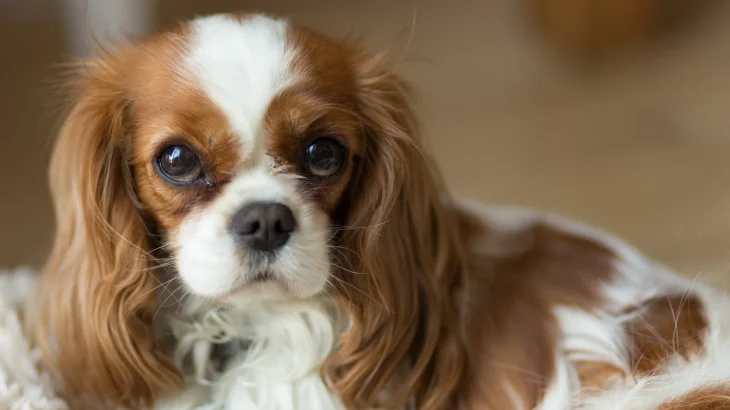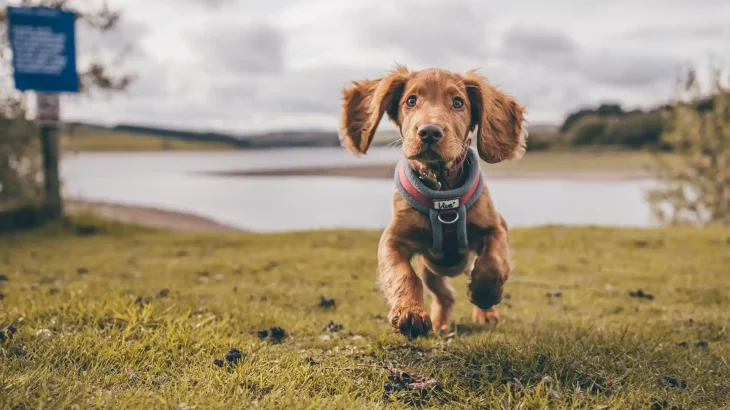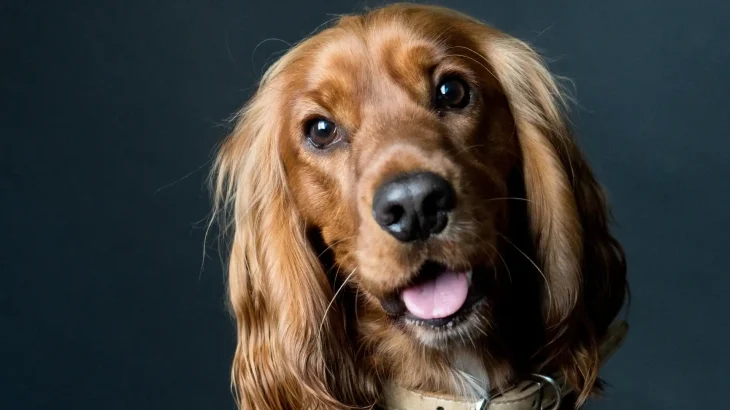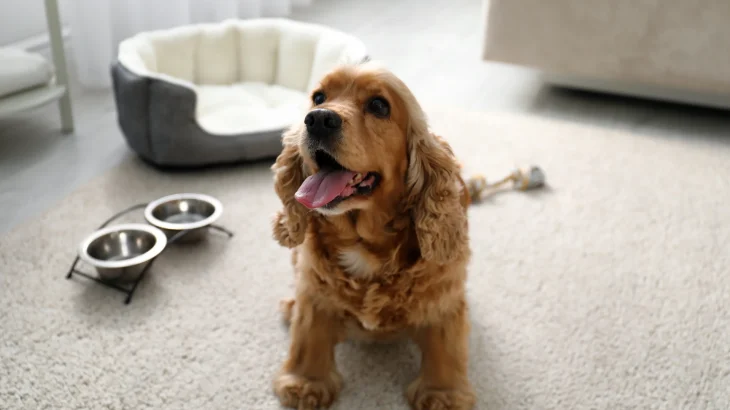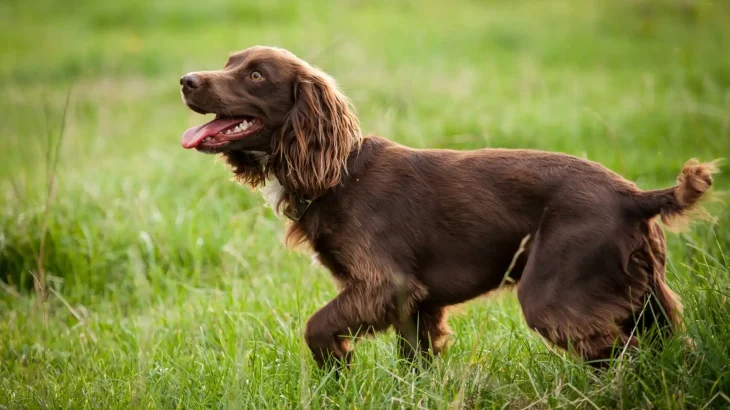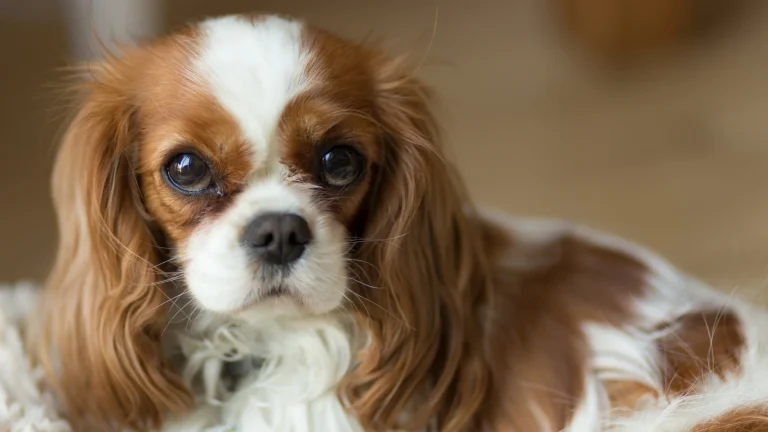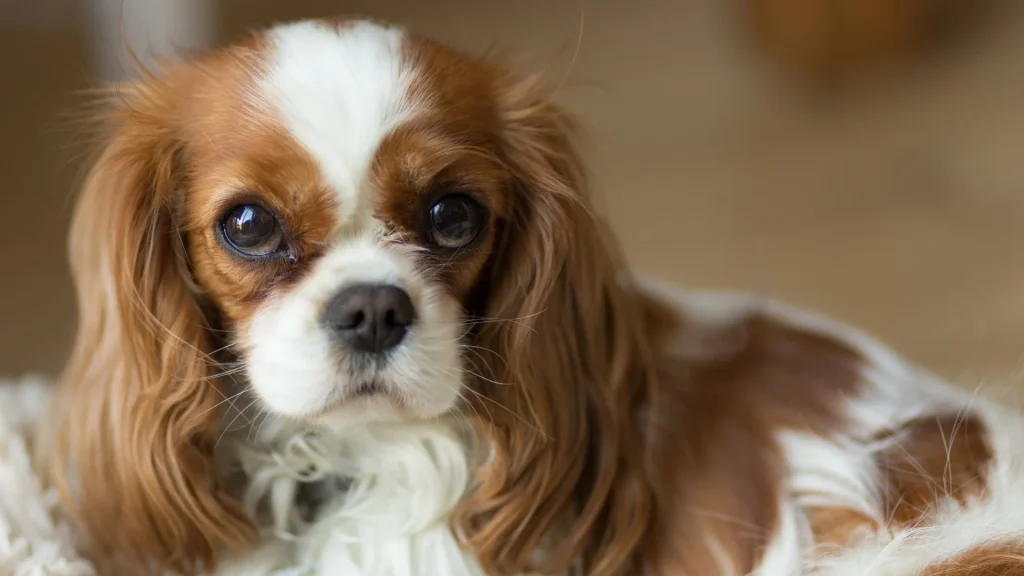When deciding on bringing a Boykin Spaniel puppy into your life, you can choose to adopt or purchase from a breeder. Each option offers unique advantages related to cost, health information, and ethical considerations, especially for this breed. Exploring these factors can help you make the best choice for your family and your new furry friend.
| Criteria | Buying from Breeder | Adopting from Shelter/Rescue |
|---|---|---|
| Cost | Typically costs around $1,000, but can go up to $4,500 for high-quality or show dogs. | Lower adoption fees, usually between $50 and $200, often including vaccinations and spay/neuter. |
| Health History | Breeders often provide detailed health screenings and genetic history. | Health background may be partially unknown, though shelters perform basic health checks. |
| Age Availability | Usually available as young puppies, allowing early training and bonding. | Wide range of ages, including adult dogs, giving options beyond just puppies. |
| Temperament Insight | Breeders can share lineage-based temperament predictions. | Shelter staff provide behavior observations, but detailed history might be limited. |
| Supporting Practices | Supports selective breeding programs; it's important to choose ethical breeders to avoid contributing to poor breeding practices. | Helps reduce shelter populations and gives homes to dogs in need, promoting animal welfare. |
| Breed Purity & Pedigree | Provides pedigree papers guaranteeing breed purity, valuable for show or performance dogs. | Breed purity may be uncertain; focus is more on finding a great companion than lineage. |

